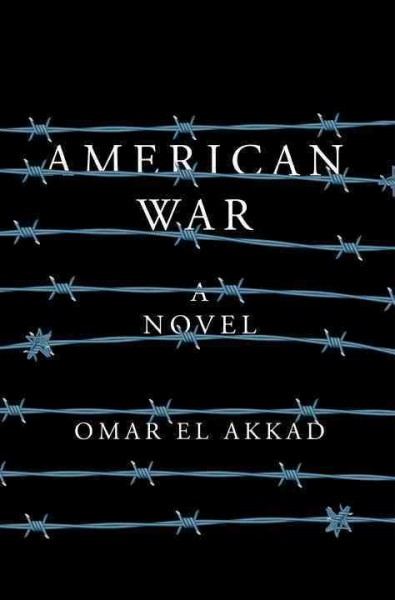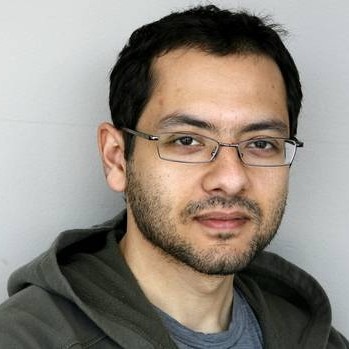A nation divided between North and South. A generation motivated by regional pride to fight in a civil war that decimates their country. A president assassinated and a fractured government. It’s a story that we’ve heard before. This time, however, it’s not the mid-19th century, but the late 21st.
 The story of Omar El Akkad’s American War takes place in the world of the 2070s through the 2090s, in which the states Mississippi, Alabama, Georgia, and South Carolina have once again seceded from the union, this time on the basis of federal laws demanding the use of renewable energy sources. It is a work of speculative fiction, one that takes many of the rifts that exist in today’s world and gives us the author’s vision of how these divisions could bring us to war again. Omar El Akkad likely knows more about division than most, with a journalistic career that spans extremism and violence in the Middle East to the Black Lives Matter movement at Ferguson.
The story of Omar El Akkad’s American War takes place in the world of the 2070s through the 2090s, in which the states Mississippi, Alabama, Georgia, and South Carolina have once again seceded from the union, this time on the basis of federal laws demanding the use of renewable energy sources. It is a work of speculative fiction, one that takes many of the rifts that exist in today’s world and gives us the author’s vision of how these divisions could bring us to war again. Omar El Akkad likely knows more about division than most, with a journalistic career that spans extremism and violence in the Middle East to the Black Lives Matter movement at Ferguson.
His novel portrays this second civil war in a way that shows his career in journalism well, highlighting the realities of war by telling the story from two perspectives. The first is from a future figure looking back on the events as history, and the second as a contemporary account from a young girl named Sarat, whose rural Louisiana family is caught between the two sides and must survive in the dystopia that the war creates. There are no good guys or bad guys in this book, only people who are shaped by their environment and their prejudices, and who make difficult decisions that they fully believe are right, though to our sensibilities they may seem unthinkable. This is a hypothetical war written the way that war really is; there aren’t any villains here.
The book’s narrator is a southern-born historian living in a now no-longer cold Alaska, telling the story of the girl and her family from further into the future than the book’s setting, allowing for the author to intercut chapters with “historical documents,” e.g., a newspaper article from 2074. One of the first faux documents actually chronicles all of the events of the novel, though not through the eyes of the main characters, allowing readers to anticipate many of the major events that Sarat and her family have to actually face. Because of this, the book almost feels like future-historical fiction and is nearly a genre of its own, giving readers previous insight and prejudices about fictional, future events that the protagonist has yet to encounter.
Because of the future setting, there are science fiction elements in the novel. The skies are filled with unmanned drones that have lost their connection to the military and now fly rogue, like animals. A biological weapon becomes a plague as those who try to harness it lose control. The effects of pollution are here, too, as much of Louisiana is now underwater. The book also has its own share of southern culture as well. Omar El Akkad writes about the South in such a way that I was surprised to learn that he wasn’t a native.

Omar El Akkad
To be frank, I loved American War. I picked up the book one evening and became so enthralled by the world that I didn’t put it down again until I was finished. It is a war book, a history book, a science fiction novel, a coming-of-age story, and a look at today’s divisive culture. El Akkad has captured literary lightning in a bottle with his debut, and I personally hope to see many more works from him in years to come.


Comments are closed.